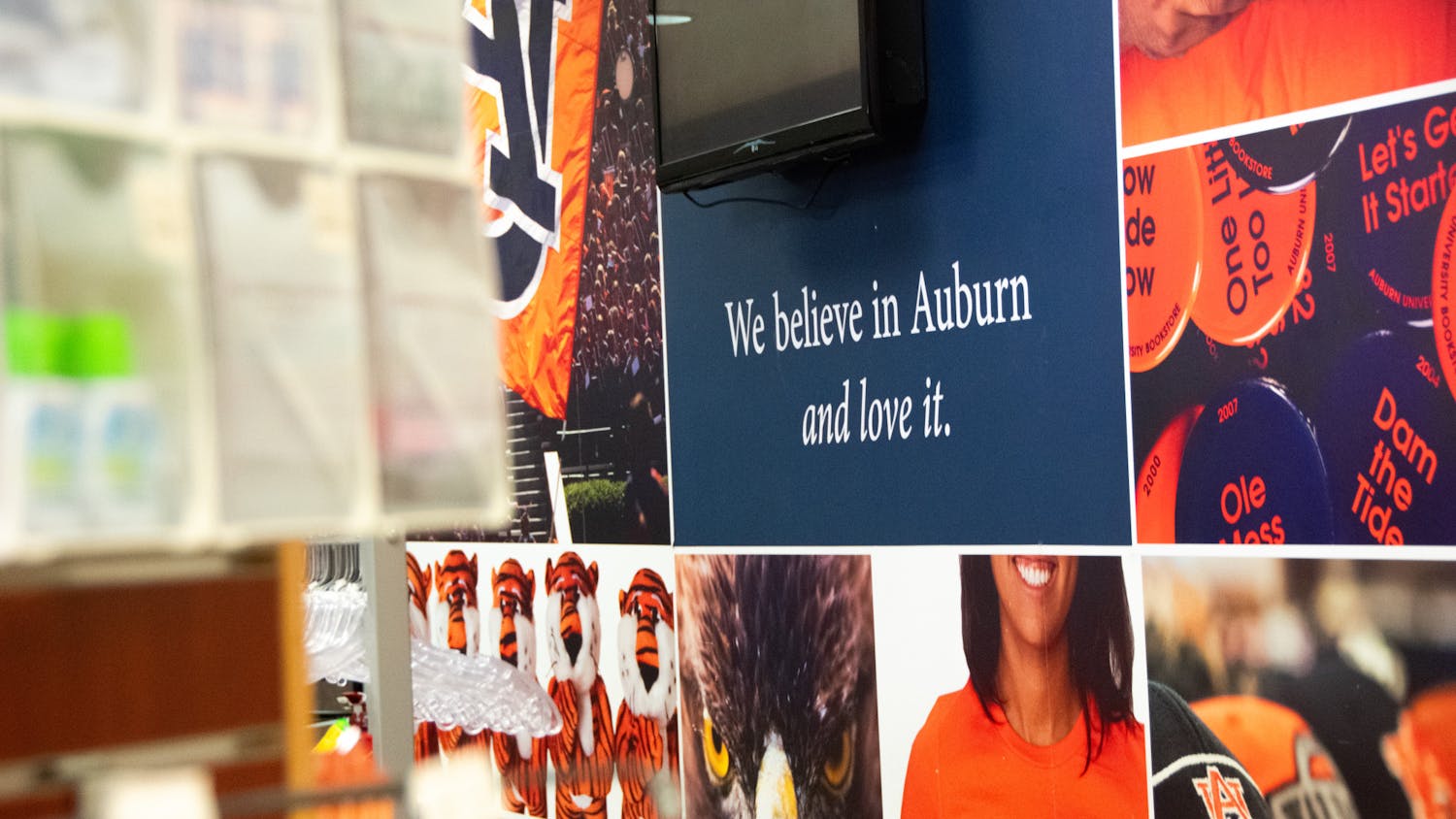MONTGOMERY, Ala. — A group of Alabama lawmakers is creating a new bipartisan caucus to bring millennial political issues to the forefront.
On Thursday, several Alabama lawmakers launched the new Alabama Future Caucus caucus, which will focus on mending partisan divides in Alabama's State House while solving problems facing young Alabamians, the caucus' co-chairs said.
Chairs Christopher England, D-Tuscaloosa, and Kyle South, R-Fayette, joined by seven other millennial-aged lawmakers, announced the creation of the Alabama Future Caucus.
Lawmakers of ages 40 and under who are concerned with the youth and future of the state of Alabama will be eligible to join the new caucus, England said.
"This caucus is bipartisan, it's diverse, and we are ready to work," England said.
The caucus will be part of a movement in state legislatures across the country intended to unite millennial-aged lawmakers in order to find common ground, England said.
Tthe caucus has no organized legislative platform, largely because of its bipartisan nature, but Rep. David Faulkner, R-Birmingham, another member of the caucus, said it will likely focus on issues important to young people.
One such issue could be legislation to support ride-hailing services like Uber and Lyft in the state.
"That's something that this generation is very interested in, and it helps a lot of people in our state," Faulkner said.
Issues like student debt and clean energy are also on the caucus agenda, according to the Millennial Action Project. The Alabama Future Caucus will be part of the MAP's nationwide effort to create millennial caucuses across the country, including one in the U.S. Congress.
Though not many people agree on a definition, millennials are generally considered to be of ages 18-34. Several members of the caucus are above that age, but not by much.
The generation makes up almost 30 percent of Alabama's population and accounts for more than 30 percent of the workforce. This year, millennials became the largest living generation.
Though numerous, millennials are underrepresented in state legislatures across the country. Millennial-aged lawmakers hold only 5 percent of legislative seats across the country despite making up more than 30 percent of the voting-age population, according to Pew Research Center.
The intense underrepresentation mixed with increased partisanship is causing young people to withdraw from the political process, according to Steven Olikara, the president of the Millennial Action Project.
"Because of the dysfunction that we are seeing today, so many young people are disaffecting from the political process, and that is a fundamental threat to our democracy," Olikara said. "Over 30 percent of the population is in this 45-and-under demographic, so there is a huge opportunity here to engage this new generation of leaders and citizens."
Millennial caucuses sponsored by MAP are now in almost 20 states and the US Congress, according to Olikara, making it the largest nonpartisan millennial political organization in the country.
The caucuses hope to put more young lawmakers on "the path to bipartisanship and cooperation."
"I think it is very important as we move forward in this country that we work together in a bipartisan manner," said House Minority Leader Anthony Daniels, D-Huntsville. "I think the citizens of Alabama and citizens all across this country have seen the gridlock that exists at the federal level. This is an awesome effort for us to work in a bipartisan manner to work on behalf of the citizens of Alabama."
Several members of the new caucus said they hope to focus on education and issues that affect college students through bipartisan means.
"Although I am a younger legislator, I do have a college student," said Rep. Merika Coleman, D-Birmingham. "One of the issues that I have as a parent is making sure that jobs are available so that she can come back home and be a part of social change in the state of Alabama."
When the federal government shut down in 2013, partisanship intensified, Olikara said, but he said he believes there is a rising generation of young leaders, all across the country, who are standing up for bipartisanship.
"They are less jaded," Olikara said. "They are actually optimistic about making
The millennial legislators in the Alabama State House say they hope to be role models for a healthier political process.
"I believe firmly that if we can demonstrate real impact and results through public service, more young people will engage in the process," Olikara said. "One thing a lot of people forget is that young people today have one of the highest service-participation rates in the country. We are a highly idealistic generation."
Do you like this story? The Plainsman doesn't accept money from tuition or student fees, and we don't charge a subscription fee. But you can donate to support The Plainsman.




